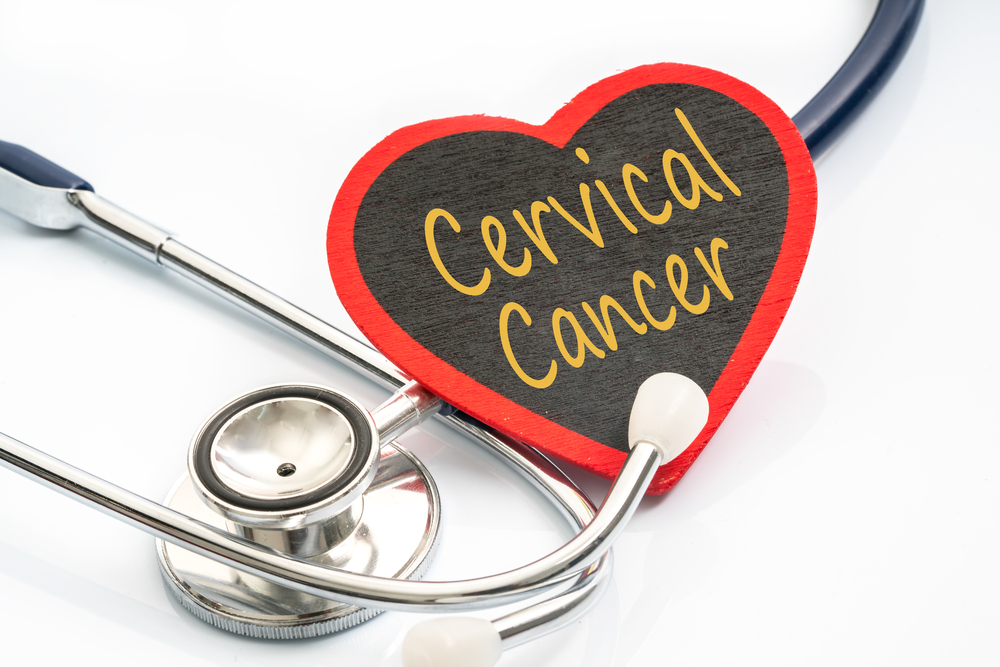A breakthrough for cervical cancer testing
A breakthrough for cervical cancer testing LondekileBreast and cervical cancer are two of the leading causes of death among women. A shift in policy means that government is giving women access to new and better methods of detection and treatment.
The Department of Health has introduced a new and improved method for detecting cervical cancer called Liquid-Based Cytology (LBC). 
LBC is a technique used to collect a cervical smear using a broom-like device and preserving it in liquid until it is analysed in a laboratory.
This method is different from that of the pap smear because a spatula or broom-like device is used to collect cells in the cervix.
Dr Manala Makua, Director for women's health and genetics at the Department of Health, explains that, unlike the pap smear method, with LBC one can collect a cervical smear even if the patient is menstruating or has an infection in the uterus.
Both the pap smear and LBC technique will be used in clinics and hospitals across the country.
During the official launch of government’s cervical and breast cancer policies aimed at addressing high mortality, caused by these diseases, the roll out of the LBC technique was highlighted.
LBC available at Frere and Dora Nginza hospitals
The launch took place recently at East London’s Frere Hospital which has started rolling out LBC programme.
Chief Executive Officer of Frere Hospital Rolene Wagner said the hospital would now use the LBC method as opposed to the usual pap smear when testing women’s cervixes for cancer.
“The brush technique allows practitioners to reach the innermost parts of the cervix to collect cells from there. This has been proven to be more effective than the pap smear where only a certain part of the cervix can be reached,” Wagner said.
Breast and cervical cancers are among the leading causes of deaths among South African women, especially women aged 30 years and older.
While the cervical cancer prevention and control policy will help prevent the disease by promoting a healthy lifestyle and giving women access to Human Papillomavirus vaccination, the breast cancer control policy will focus on breast cancer awareness, early detection, treatment and care.
The Department of Health is working on a 10-year plan to give women access to treatment by equipping hospitals with the necessary facilities to care for and support patients with cancer.
Who can get cervical cancer?
Women who are sexually active can get cervical cancer.
Points to remember:
- Mutual one-partner relationships reduce the risk of cervical cancer.
- Use barrier contraception during sexual intercourse - either a male or female condom.
- See your doctor or your primary nurse if you have any unusual symptoms, such as bleeding after intercourse or an excessive or offensive vaginal discharge.